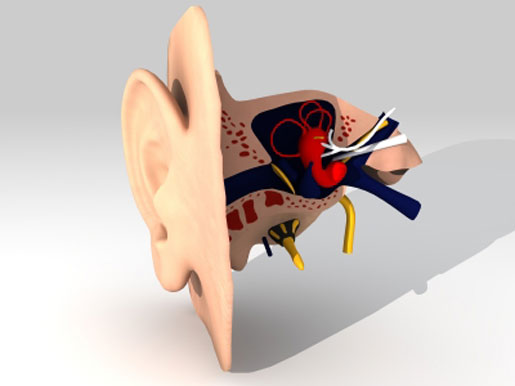FDA announces it will consider creating a class of over-the-counter hearing aids and will remove certain requirements in order to make the devices easier to access.
December 7, 2016

FDA announces it will consider creating a class of over-the-counter hearing aids and will remove certain requirements in order to make the devices easier to access.
FDA cuts straight to the heart of the hearing aid debate, announcing that it will consider creating a category of over-the-counter hearing aids. In addition, the agency said the current rule requiring patient to undergo a medical evaluation or sign a waiver before buying a hearing aid will not be enforced.
The agency's decision--issued in the form of a December 7 "Immediately in Effect Guidance Document"--came just days after legislation introduced in Congress to achieve the same objective.
FDA Commissioner Robert Califf, MD, said in an agency press release, "Today's actions are an example of the FDA considering flexible approaches to regulation that encourage innovation in areas of rapid scientific progress. The guidance will support consumer access to most hearing aids while the FDA takes the steps necessary to propose to modify our regulations to create a category of OTC hearing aids that could help many Americans improve their quality of life through better hearing."
The guidance document follows months of momentum toward an OTC category of hearing aids. Earlier this year, FDA reopened the comment period for its 2013 draft guidance regarding personal sound amplification products (PSAPs) after a September 2015 report from the President's Council of Advisors on Science and Technology (PCAST) recommended that FDA create a new category of hearing aids and tests for over-the-counter availability. In June 2016, the Institute of Medicine, now known as the National Academy of Sciences, Engineering, and Medicine (NAS), released a report that included a recommendation that FDA create a category for over-the-counter hearing devices.
The topic also received legislative attention. As MD+DI reported recently, earlier this month U.S. Senators Elizabeth Warren (D-MA) and Chuck Grassley (R-IA) introduced bipartisan legislation to make some kinds of hearing aids available over the counter. While easier access may seem like a positive, hundreds of commenters previously told FDA that they didn't believe making certain hearing aids available over the counter was a win. At the time, MD+DI reported that many of the commenters opposed easier access to hearing aids because the importance of the audiologist's role in diagnosing and treating hearing loss was not acknowledged or included in the process and many held the view that personal sound amplification products (PSAPs) don't have the same features or precautions for users.
Groups like the Consumer Technology Association, the Hearing Loss Association of America, and the American Assocation of Retired Persons backed the legislative effort for OTC hearing aids. But some groups, including professional audiologist organizations like the American Academy of Audiology, had said care for hearing loss also should include access to quality diagnosis and treatment by audiologists.
In a tweet following the release of FDA's guidance document, the American Academy of Audiology called the announcement "great news."
Though FDA will not enforce the requirement for a medical evaluation or signed waiver to patients over age 18, it will still enforce the rule for patients under the age of 18.
Exact details for the regulatory framework for OTC hearing aids is still to be determined and public input is requested, FDA noted in its press release.
[Image courtesy of GRAPHICS MOUSE/FREEDIGITALPHOTOS.NET]
About the Author(s)
You May Also Like


